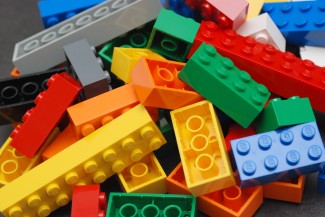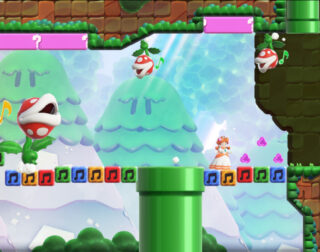If you are a regular reader of the LearningWorks for Kids blog, you know we primarily focus on strategies for using video games, apps, and other digital media for improving executive functions, academic, and social/emotional learning skills (SEL). We do this for a few reasons.
Digital technologies allow us to bring education to where kids are playing in today’s world. People have used children’s traditional play activities to teach problem-solving and thinking skills, so why not optimize children’s digital play by leveraging their immersive video game and app play? Today, there’s just not that much information about how parents, educators, and child care professionals can use digital media to help kids, so we’re trying to fill the gap.
Fortunately there is a wealth of great information about using traditional play and toys to help children develop life and thinking skills. While most of the books, websites, and videos that address these issues do not make the connection between traditional play and executive functions, they often talk about a variety about other types of problem-solving, social, and self-esteem skills. However just as with our efforts at LearningWorks for Kids, it is not always quite as simple to identify the right types of traditional play and toys to improve a child’s skill, nor is it always evident how adults might help transform children’s play into real-world skills.
 Dr. Toy’s Smart Play, Smart Toys – 4th Edition is an excellent source for finding the best toys to meet a child’s needs and to improve skills such as self confidence, maturity, and general learning. Stevanne Auerbach, Ph.D., better known as Dr. Toy, has now written the fourth edition of her popular book. It is full of in-depth information about finding the best toys for individual children based upon their needs. Dr. Toy takes the perspective of a developmental psychologist and describes how certain toys fit certain age ranges. She also identifies the skills that are most crucial for children at each developmental age.
Dr. Toy’s Smart Play, Smart Toys – 4th Edition is an excellent source for finding the best toys to meet a child’s needs and to improve skills such as self confidence, maturity, and general learning. Stevanne Auerbach, Ph.D., better known as Dr. Toy, has now written the fourth edition of her popular book. It is full of in-depth information about finding the best toys for individual children based upon their needs. Dr. Toy takes the perspective of a developmental psychologist and describes how certain toys fit certain age ranges. She also identifies the skills that are most crucial for children at each developmental age.
One of the things I like best about Dr. Toy’s book is her concept of a Play Quotient (PQ). Because play is an opportunity for learning, a child’s play quotient, or ability to learn from his play, can help him get the most from his playtime. Parents can help to increase their child’s play quotient by choosing the right toys and putting him in situations where he is more apt to learn from his play.
In addition to my new copy of the 4th edition of her book, I happen to own a copy of Dr. Toy’s Smart Play Smart Toys first edition.When it was published in 1997, she acknowledged that computers and software would be an important part of children’s learning and play. In her newest edition she has sections on technology for every developmental stage. In addition she has an excellent chapter on using traditional toys and play with children with special needs.
As the first part in my series on using non-digital play and other activities to improve executive functioning skills, I will be using Dr. Toy’s book as a guide for finding some of the best board games, puzzles, and other activities that can promote learning in general, and executive functions specifically. Dr. Toy points out that parents are usually the first “big toys” in their child’s lives and that parents need to understand their own preferences in play. This is a theme we repeat at LearningWorks for Kids, where parents and other adults are a crucial ingredient in making game-based learning into real-world learning.





